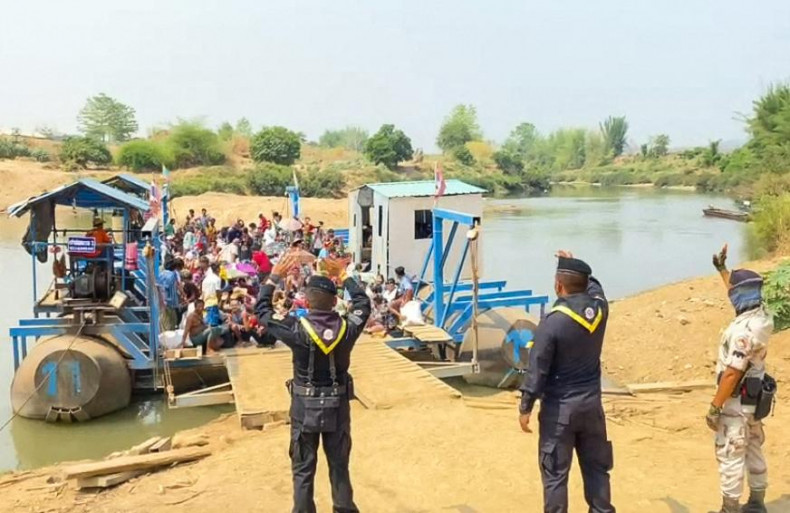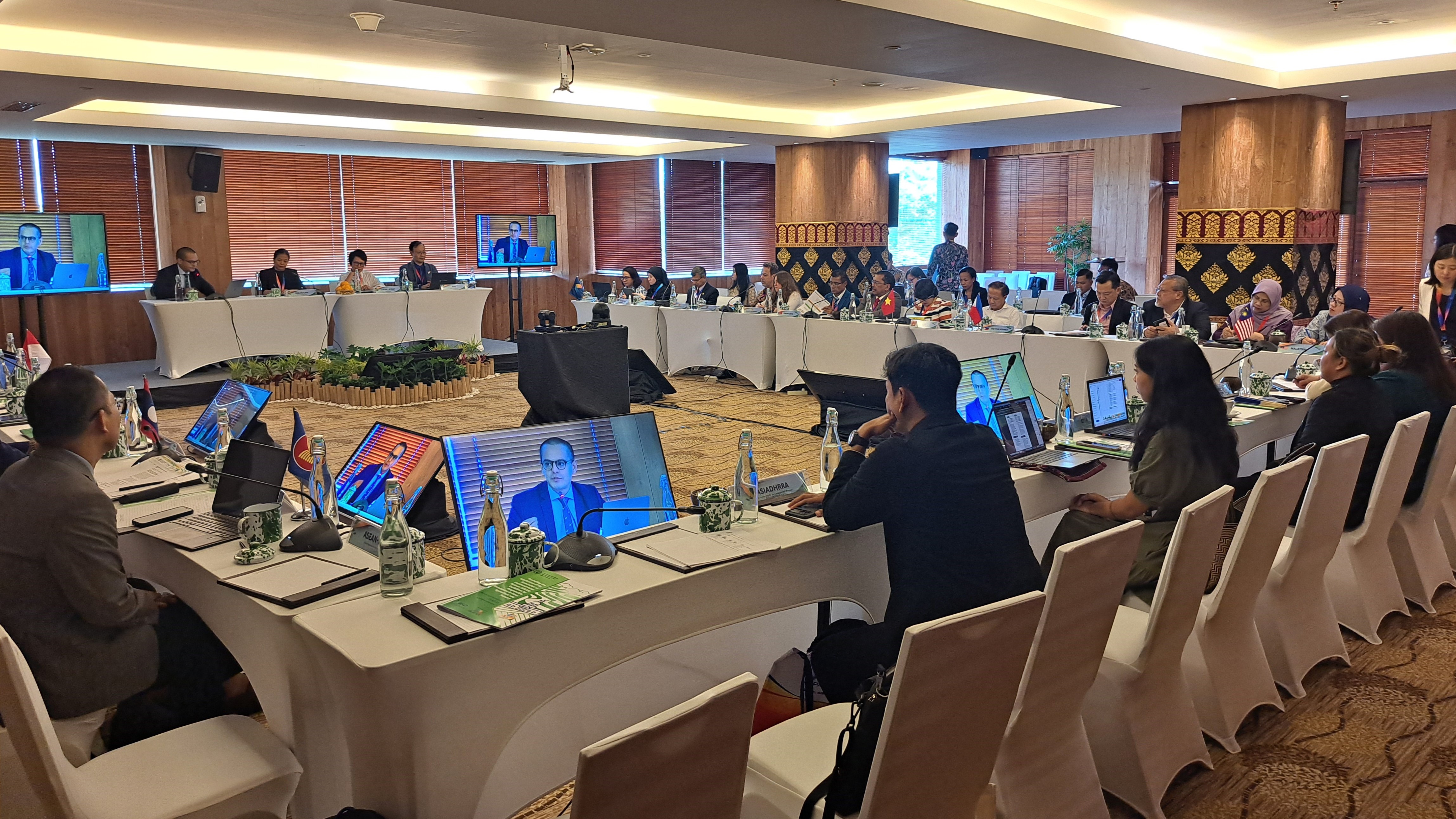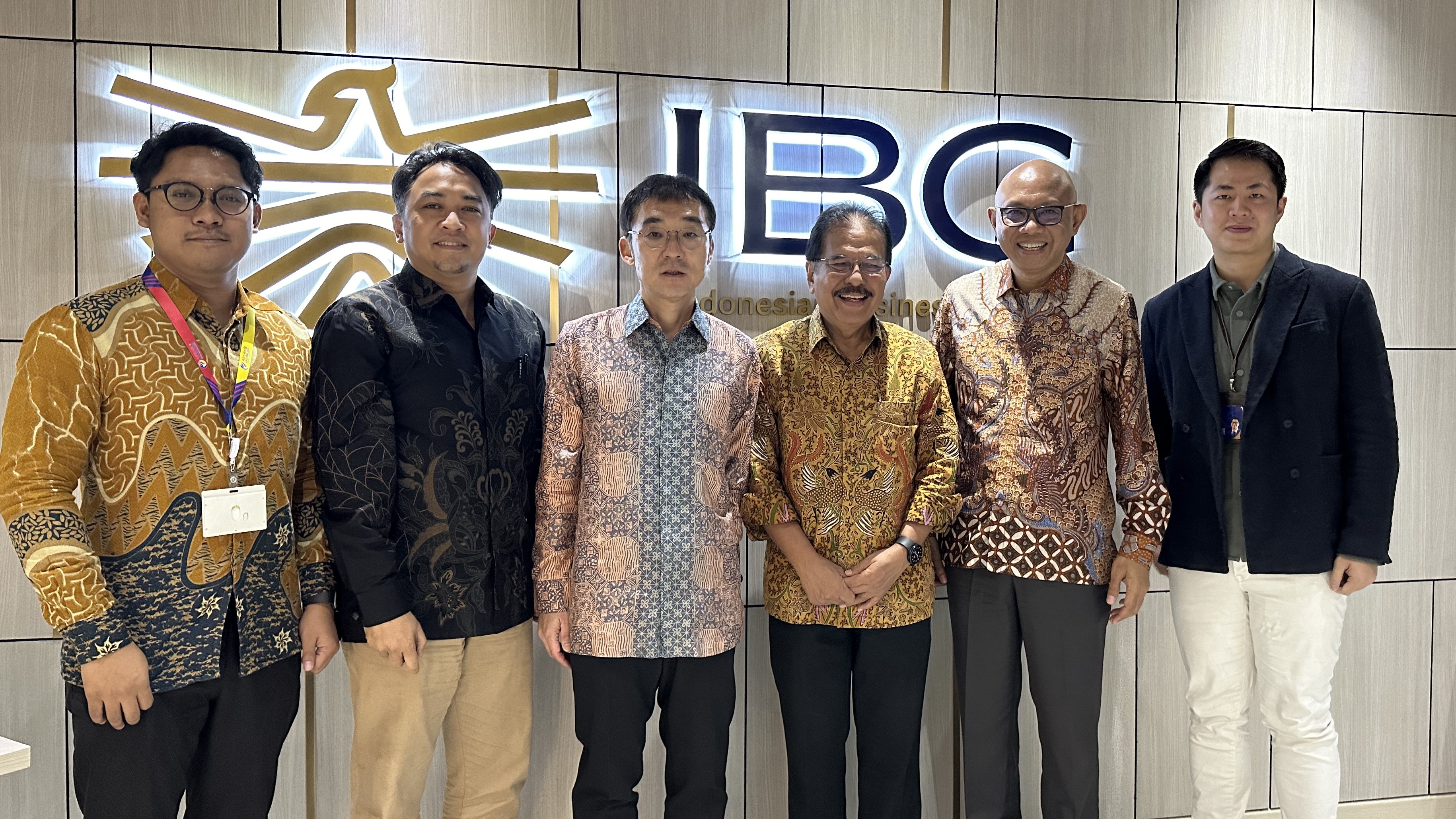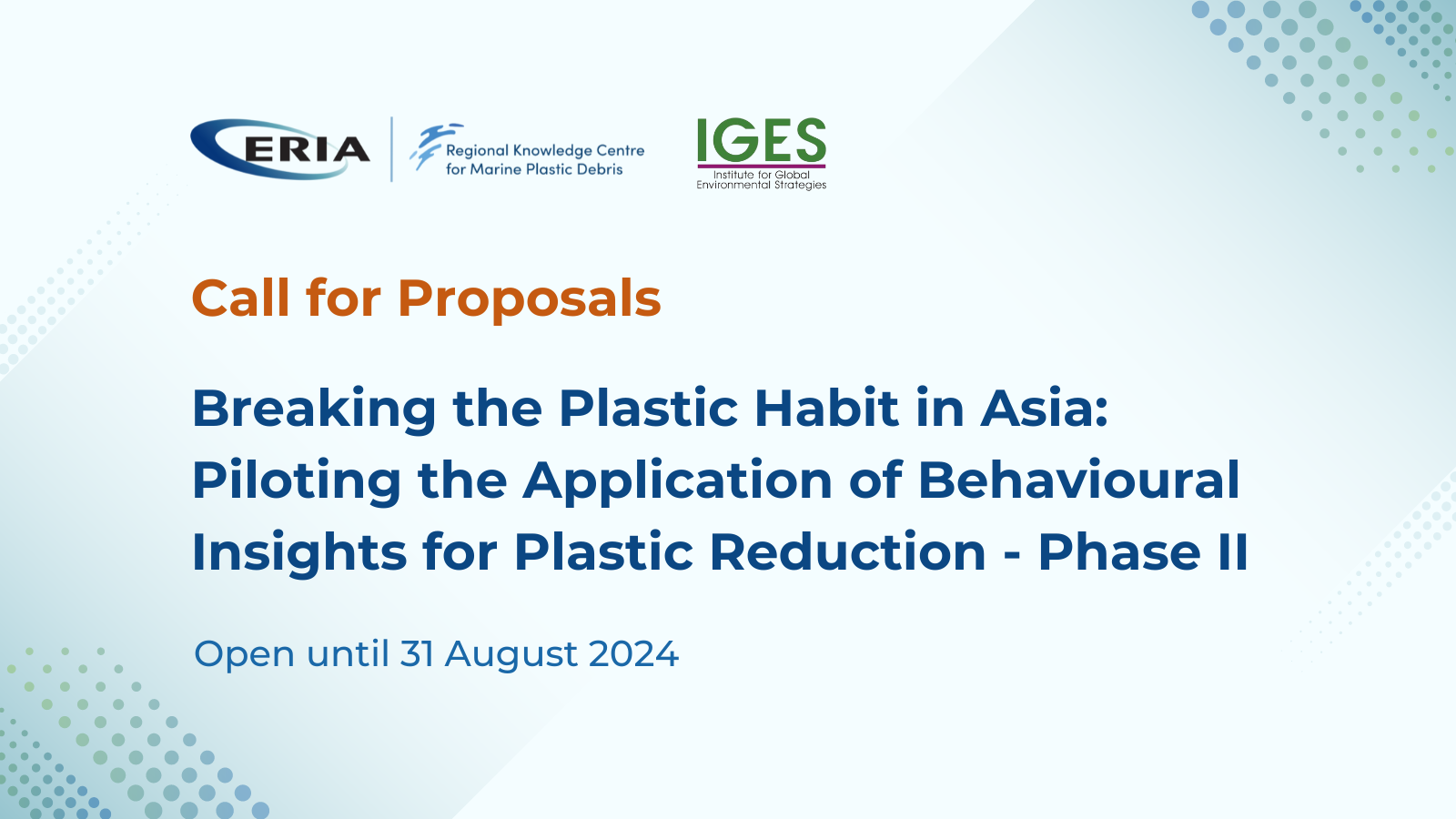Thai Diplomacy Has Come Full Circle
Share Article:
Print Article:
By Mr Kavi Chongkittavorn, Senior Communications Advisor: After eight arduous years, Thai diplomacy has come full circle. With less than a month to go before the next general election on May 14, the international community is wondering whether there will be any change in the country’s overall diplomatic outlook. Since the dark days leading up to the intervention in May 2014, Thailand has undertaken an extraordinary journey given the state in which the country was caught with its deteriorated standing in the global community. Critics varied in their assessments of Thai foreign policy under deep stress. Indeed, the long winding diplomatic road revealed both the strengths and weaknesses of strenuous efforts to protect national interests amid the competition of the great powers and in tackling the unavoidable ripple effects caused by an increasingly polarized world.
At the outset, it must be noted that in the ongoing political campaign, which is very dynamic albeit packed with constant bickering, mudslinging and populist policy messaging, the Thai democratic zeal is still embedded in the hearts of Thais—never diminishing, for better or worse. As in previous elections, foreign policy has seldom been an issue in any political party’s platform. Currently, there are well over 300 campaign pledges by 67 contesting parties focusing mainly on populist programs with some political reforms tagging along.
Three factors have contributed to this enduring trend. First of all, the Ministry of Foreign Affairs (MFA) has been adamant with every administration in power, elected or otherwise, for Thailand to uphold international norms, obligations and responsibilities as well as undertake joint global efforts in tackling common challenges such as climate change, fisheries, labor standards and human rights. These issues, oftentimes unpopular at home, would not have been much of a concern or a priority for incumbent administrations.
Furthermore, Thai foreign policy is run by the MFA bureaucrats, who generally are not easily swayed by the political rhythms of the day. They serve the national agenda and interests through thick and thin, regardless of the ruling political parties. Since the Foreign Ministry’s establishment in 1875, the country has consistently maintained a sound balance with friends and allies. It always searches for strategic equilibrium in engagement with great powers.
Finally, despite criticism of diplomatic passivity, no political party has offered any alternative foreign policy direction or vision, especially on ties with great powers and international institutions. In other words, Thai political parties, as well as private sectors and other stakeholders, are largely on the same page regarding the country’s diplomacy, helping to push pivotal issues onto the national agenda. Above all, the 20-year National Strategy also provides foreign policy guidelines for future administrations.
Along the way, there have been hits and misses with lost opportunities, but mostly these have had no broader impacts on the country’s overall diplomatic direction. Intermittent sanctions and isolation by the West have also pushed the country to adopt and sternly support multilateralism of any size and scope. Recalcitrant allies and friends have finally come back into the fold. As an independent nation, Thailand’s foreign policy has been the least affected by the infamous political changes and uncertainties. That has been the nation’s prominent trademark. However, with the dramatic shift in the security and strategic environment in the past few years, there could be some urgent issues that could test the country’s diplomatic finesse. Of late, clarion calls are being heard for more active and assertive diplomacy.
Since the government of Prime Minister Prayut Chan-o-cha dissolved parliament on March 20, all activities have been placed in caretaker mode, especially those plans or initiatives that need budget allocations. However, Thai foreign policy continues unabated. In fact, the caretaker government has suddenly become more energetic. For instance, the past month was pivotal as Thailand and its neighbors Laos and Myanmar, which have suffered from the cross-border haze, were able to forge common actions under the Clear Sky Strategy. After the recent virtual meeting called by Bangkok, their leaders decided to jointly tackle the common cross-border issue at the ASEAN (Association of Southeast Asian Nations) level. On behalf of General Prayut, Deputy Prime Minister and Foreign Minister Don Pramudwinai is expected to raise dust pollution at the upcoming 42nd ASEAN summit in Labuan Bajo, Indonesia.
Furthermore, the crisis in Myanmar continues to keep the Ministry of Foreign Affairs and the security sectors on their toes. Thailand backed the ASEAN statement on April 13, strongly condemning the April 11 aerial attack on Pazi Gyi Village, Kantbalu Township, Sagaing Region, by the Tatmadaw, which killed at least 160 people. It registered that “All forms of violence must end immediately, particularly the use of force against civilians”. The current ASEAN chair, Indonesia, is trying to create a conducive environment for an inclusive national dialogue.
But the continued fighting between the junta and resistance forces remains a stumbling block. The large-scale atrocity in Pa Zi Gyi is likely to further harden ASEAN leaders’ views when the situation in Myanmar and the five-point consensus come under review. They might agree on further actions to reprimand the military regime. Recently, Myanmar’s membership in the Mekong-US Partnership has also become problematic due to Washington’s refusal to co-chair with the junta. In a related development, the second round of track 1.5 roundtable talks on Myanmar will be held soon to build on the progress made on the first dialogue convened in Bangkok last month.
Another headline, which has eluded media attention, was the recent departure of 65 Chinese Christians, members of the Shenzhen Holy Reformed Church, who had been stuck in Thailand since last March after their visas expired. They were not subject to refoulement as claimed. Instead, the government facilitated their onward travel to third countries. In this case, they have chosen to go to the State of Texas in the US. Thailand has followed the so-called nonrefoulement principle, although it is not a party to the 1951 Refugee Convention.
However, truth be told, there have been some cases along the volatile Thai-Myanmar border that involved immigration rules and procedures which sent the wrong messages to the international community about the country’s nonrefoulement policy. Indeed, these days a more holistic border management with better coordination among intra-agencies is urgently needed due to the on-and-off influx of villagers escaping violence inside Myanmar. For instance, over the past 10 days, nearly 8,000 villagers crossed over to the Thai side in Tak Province due to intense fighting. However, once the fighting subsided, more than 5,000 returned home. During this influx, efficient mechanisms that prevent rights abuses, bribery and all forms of malfeasance must be enforced to avoid misunderstanding.
In the meantime, until a new government is formed sometime in July, Thai diplomacy will remain in motion unperturbed by the electoral campaign and outcome.
This opinion piece was written by ERIA's Senior Communications Advisor, Mr Kavi Chongkittavorn, and has been published in Bangkok Post. Click here to subscribe to the monthly newsletter.
Disclaimer: The views expressed are purely those of the authors and may not in any circumstances be regarded as stating an official position of the Economic Research Institute for ASEAN and East Asia.
Photo Credit: AFP








